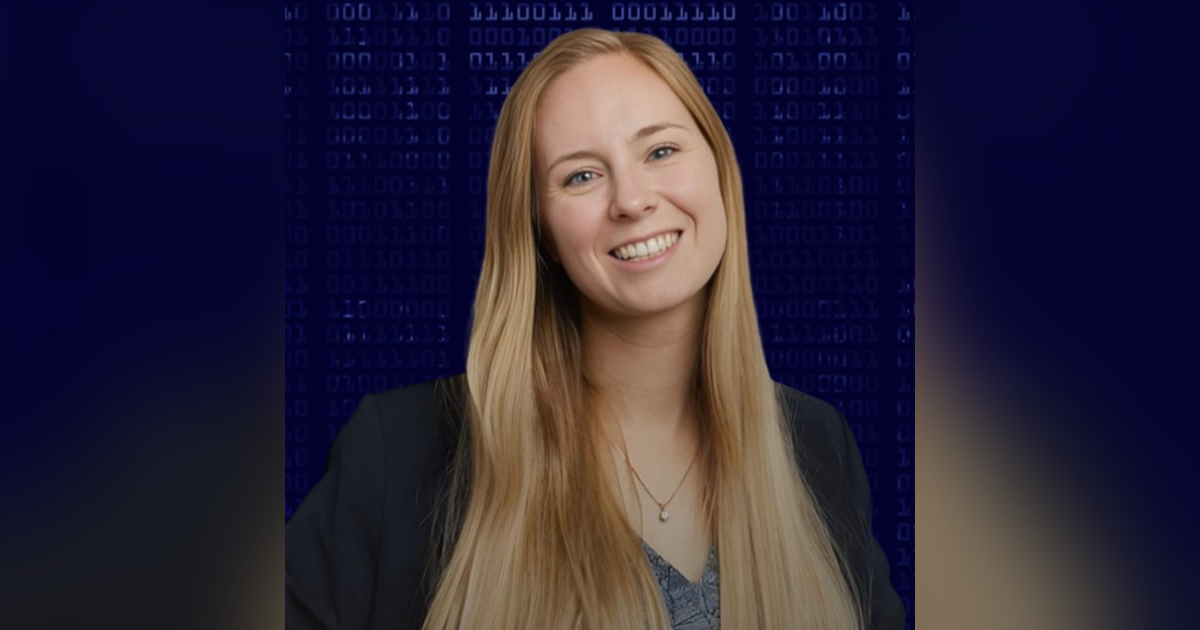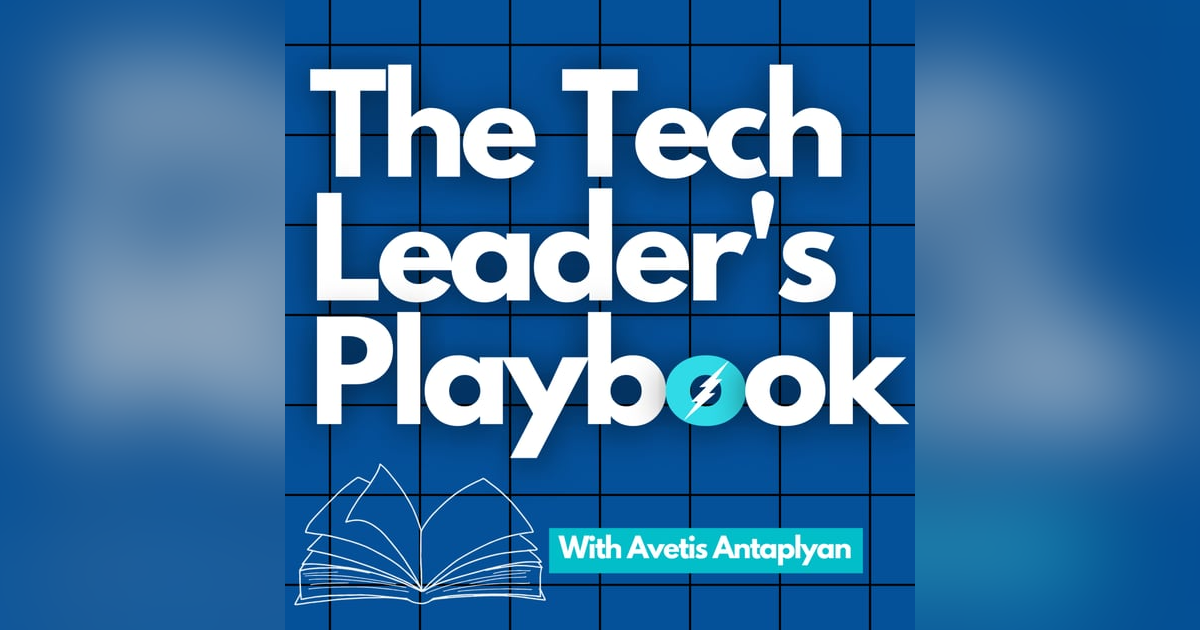The New Growth Metrics That Matter Most to Investors

In this episode of The Tech Leader's Playbook, Avetis Antaplyan sits down with Melanie Nabar, Vice President at Volition Capital, to uncover what truly makes a company fundable—and what silently kills deals. With a background in growth-stage investing, Melanie brings sharp insight into founder dynamics, product-market fit, and the capital efficiency required to scale in today’s AI-driven market.
They dive deep into the evolving expectations of Series A investors, the dangers of inflated valuations, and why product obsession without go-to-market focus can quietly drain a startup’s future. Melanie breaks down how founders should assess investor psychology, decode fund structures, and strategically use secondary offerings to de-risk personal financials without sacrificing long-term upside.
This episode is packed with insights on revenue quality, building moats in the AI age, and how bootstrapped founders can shift their mindset to deploy capital more effectively. Whether you're preparing to raise capital or already navigating the growth phase, Melanie delivers actionable advice with clarity and candor.
TakeawaysFounders often focus too much on historical data when investors are more interested in future growth and market potential.Series A investors prioritize product-market fit, retention, and scalable go-to-market motion—not just ARR.High valuations without the fundamentals to back them can kill deals and erode trust.Revenue quality (repeatability, margin, and retention) plays a bigger role in valuation than founders often realize.Many founders burn too much capital on product without clear customer validation or ROI.Bootstrapped companies often hesitate to spend even when it’s time to scale; this can stall growth.Churn and gross margin are key indicators for distinguishing real AI products from hype.Companies integrated into user workflows and habits are harder to replace and more defensible.Founders should evaluate VC fund structure, vintage, and portfolio psychology—not just the check size.Taking secondary in a raise can de-risk founders personally and improve long-term decision-making.Pattern recognition and experience on the board matter more than niche industry knowledge post-seed.The best outcomes don’t always require billion-dollar exits; responsible growth can still yield generational wealth.
Chapters00:00 – The biggest mistake founders make when fundraising01:15 – What makes a company fundable at Series A04:45 – Why overhyping numbers kills trust and credibility09:15 – Understanding revenue quality and valuation11:30 – How 2021 broke capital efficiency—and what’s changed since16:00 – Deal-killers and how unrealistic expectations derail good companies20:00 – Smart capital deployment: where investors want to see money go24:00 – Why founder secondaries are on the rise—and when they make sense27:45 – How bootstrapped founders can shift from hoarding to strategic investment33:10 – AI moats: what’s truly defensible and what’s hype39:20 – Questions founders must ask before taking VC money45:30 – How fund size and check size impact founder support50:40 – The difference between VC, growth equity, and PE—and why it matters
Melanie Nabar’s Social Media Link:https://www.linkedin.com/in/melaniejordannabar/
Melanie Nabar’s Website Link:https://www.volitioncapital.com/team/melanie-nabar/
Resources and Links:https://www.hireclout.comhttps://www.podcast.hireclout.comhttps://www.linkedin.com/in/hirefasthireright












